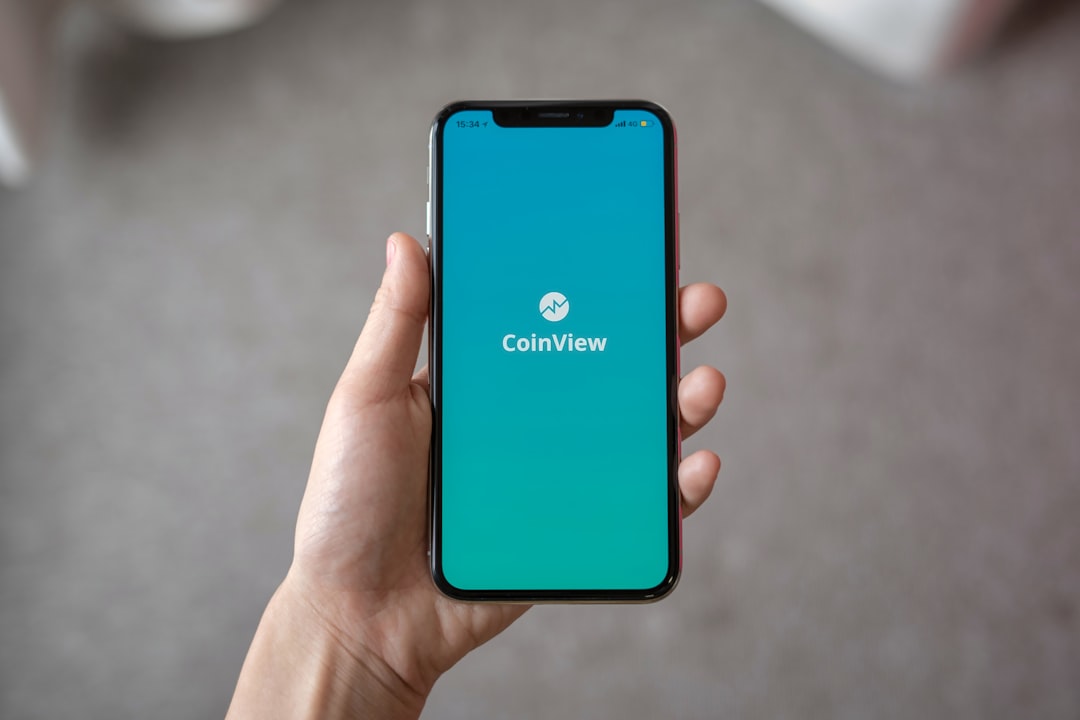Louisiana's strict anti-spam text laws, particularly in New Orleans, have reshaped marketing strategies for law firms, moving away from bulk messaging towards targeted, consent-based communication. Residents can protect themselves by blocking numbers and reporting spam, while businesses must obtain explicit permission before texting customers, avoiding penalties. This shift enhances privacy, builds trust, and aligns with consumer preferences, making legal services more accessible in New Orleans. Spam call law firms play a crucial role in enforcing these laws and educating Louisianans about their rights to block unwanted messages.
In the vibrant yet bustling city of New Orleans, navigating the intricate landscape of communication laws is essential for both residents and businesses. With a growing number of spam text messages, Louisiana’s strict spam call laws are more relevant than ever. This comprehensive guide aims to educate locals about their rights and the impact on local law firms’ marketing strategies. By understanding these regulations, residents can make informed choices and take control against unwanted texts, fostering a smarter and safer communication environment in New Orleans.
Understanding Louisiana's Spam Text Laws: A Comprehensive Guide

In Louisiana, including New Orleans, understanding and adhering to spam text laws is crucial for both residents and businesses alike. The state has implemented strict regulations to protect individuals from unsolicited text messages, commonly known as spam calls. These laws are designed to safeguard consumers’ privacy and prevent deceptive marketing practices.
Louisiana’s spam text law, found in the Louisiana Unfair Trade Practices Act, prohibits businesses from sending unwanted text messages for commercial purposes without prior consent. This means that if you haven’t given explicit permission for a law firm or any other organization to contact you via text, they could be violating the law. Residents can take action by blocking the numbers and reporting spam calls to relevant authorities, ensuring their rights are respected in this digital age.
The Impact on Law Firms and Their Marketing Strategies in New Orleans

In New Orleans, as across Louisiana, the implementation of anti-spam text laws has significantly shifted marketing strategies for law firms. With stricter regulations in place, legal professionals must now tread carefully to avoid inadvertently sending unwanted text messages to potential clients. This change has led many firms to adopt more targeted and consent-based communication approaches, prioritizing quality over quantity.
Law firms have had to adapt their marketing tactics, focusing on building genuine connections with clients rather than relying on bulk messaging. They are now investing in refined opt-in systems, ensuring that every text is sent only to those who have explicitly agreed to receive them. This shift not only respects consumer privacy but also fosters a more trustworthy relationship between lawyers and their community, making legal services more accessible and appealing in New Orleans.
Educating Residents: Empowering Choices Against Unwanted Text Messages

In an era where technology has made communication more accessible than ever, it’s brought about a downside in the form of spam text messages. To combat this issue, educating Louisiana residents about their rights and protections under the state’s spam call laws is paramount. Many people are unaware that they have the power to stop unsolicited text messages from marketing firms or unknown senders. By informing folks about these laws, especially in vibrant cities like New Orleans, they can make informed choices and take control of their communication channels.
Empowering residents with knowledge allows them to recognize and report spam calls effectively. Louisiana’s spam call law firms play a crucial role here, not just in enforcing the rules but also in raising awareness. Through public outreach and educational campaigns, these law firms can ensure that New Orleans’ citizens understand their rights, enabling them to block unwanted messages and protect their privacy.






